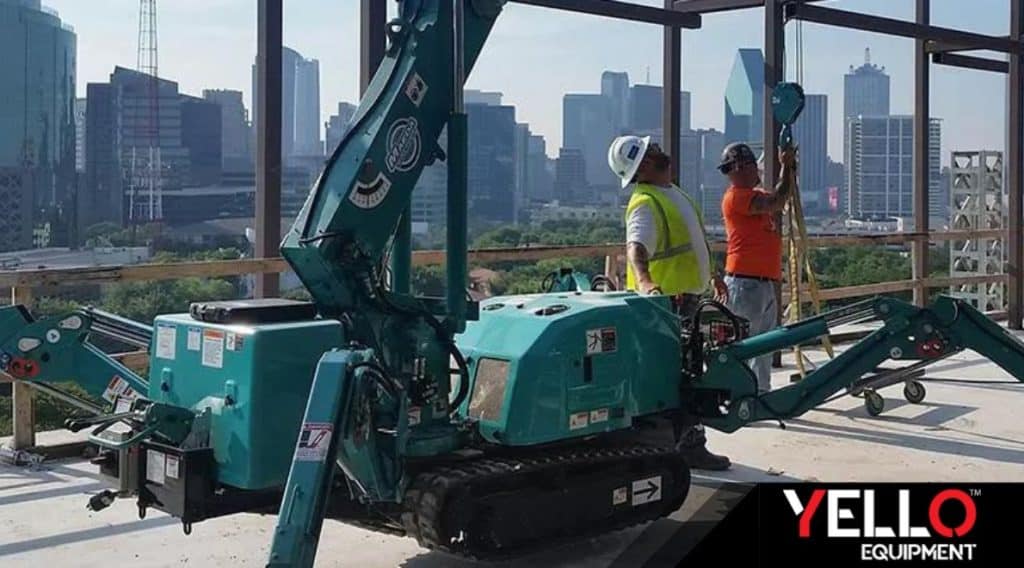The decision to buy a new crane involves several considerations, including safety, cost-benefit analysis, and how your current crane is impacting day-to-day operations.
- Safety implications
Every time your crane moves a load, its parts and overall structure experience stress. Over the years, this accumulated stress leads to a deterioration of the machine’s function, meaning that there will come a point when regular maintenance isn’t enough to continue operating safely. Updating your machine at the appropriate time can be the difference between life and death for workers and bystanders. With safety technology continually advancing, upgrading your lifting equipment also means you acquire the latest safety features to protect both the crane operator as well as other workers on the ground.
- Cost-benefit analysis
When deciding whether to continue repairing your old unit or to replace it, a critical aspect to consider is cost efficiency. There can be many disadvantages to maintaining an older crane. The more years of operation, the greater maintenance it needs, meaning more downtime on your projects. And the more downtime experienced, the less likely you are to turn a profit. Likewise, the older a crane gets the more expensive replacement parts become as they become harder to source.
On the other hand, there is the upfront financial investment of buying new heavy equipment. Although this may at first seem like a larger expense, new cranes require less maintenance and have improved efficiency which can result in time and money savings in the long run.
- Crane performance
Is your crane exhibiting a decrease in productivity? Wear and tear can lead to a reduction in performance, such as a crane’s speed and load capacity. Slow lifting operations negatively affect operations, so it’s important to consider whether its current performance meets your material handling needs or if it is decreasing productivity.
- Consider the crane’s lifespan
Expired warranties are often an indication that your crane has reached, or is nearing, the end of its lifespan. More frequent breakdowns can occur with cranes that are nearing the end of their lifespan, disrupting operations and leading to costly downtime.
Final thoughts
Are you looking for mini cranes for sale? YELLO Equipment™ is your authorized Maeda dealer. To learn more about how our range of Maeda mini cranes can help lift your projects to new heights, speak to one of our knowledgeable staff on (409) 770 3091 or visit our website: www.yelloequipment.com
